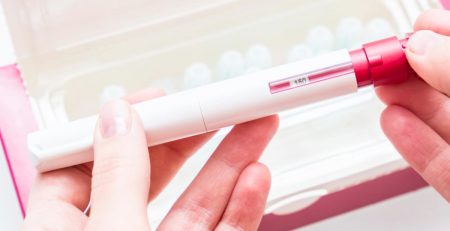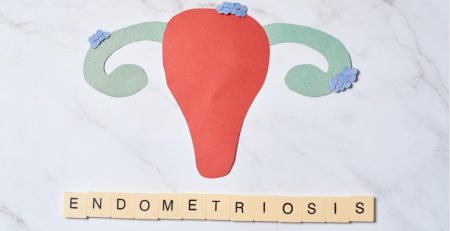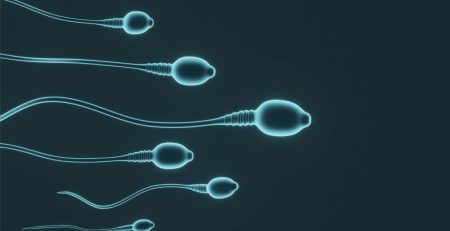Intracytoplasmic Sperm Injection (ICSI) is a powerful advancement in fertility treatment, designed to help couples overcome barriers to natural fertilisation especially when sperm-related issues are involved. As a specialised technique used during IVF, ICSI involves the direct injection of a single healthy sperm into an egg, maximising the chance of fertilisation.
At AlphaSpecialists.sg, ICSI is part of tailored fertility services, particularly for couples dealing with male infertility, unexplained fertility challenges, or failed IVF cycles. This article will explain who ICSI is best suited for, how the procedure is performed, and why it may be the right choice in your fertility journey.
What Is ICSI and How Does It Work?
ICSI (Intracytoplasmic Sperm Injection) is an assisted fertilisation technique used as part of an IVF cycle. It is most commonly recommended when there are issues with the male partner’s sperm, but it can also be used when previous IVF cycles have not resulted in successful fertilisation.
Steps of the ICSI Process
- Ovarian stimulation – The woman undergoes hormone treatment to produce multiple eggs.
- Egg retrieval – Mature eggs are collected using ultrasound-guided aspiration under sedation.
- Sperm collection and assessment – A semen sample is provided or retrieved surgically; the best sperm are selected.
- ICSI procedure – An embryologist injects a single sperm directly into each mature egg using a microneedle.
- Fertilisation and embryo development – Fertilised eggs grow into embryos in the lab for 3–5 days.
- Embryo transfer – Healthy embryos are placed in the uterus; extras may be frozen.
- Pregnancy testing – A blood test 10–14 days later confirms implantation.
From a patient perspective, an IVF+ICSI cycle feels similar to standard IVF—the main difference is in how sperm meets the egg, which is handled directly in the lab to improve success rates.
Who Benefits Most from ICSI?
- Male factor infertility – Low sperm count, poor motility, abnormal shape, or blockages preventing ejaculation. Even with very few viable sperm, ICSI makes fertilisation possible.
- Previous IVF fertilisation failure – Recommended for couples who experienced poor or no fertilisation in prior IVF attempts, even when sperm and eggs looked normal.
- Sperm retrieval procedures – Surgically retrieved sperm (e.g., from testicles or epididymis) are often immature or immobile and need ICSI for successful use.
- Unexplained infertility or failed IUIs – For couples with normal fertility evaluations but no pregnancy after multiple IUIs, ICSI can bypass hidden fertilisation issues.
ICSI vs. Conventional IVF
| Aspect | Conventional IVF | IVF with ICSI |
|---|---|---|
| Sperm requirement | Thousands of motile sperm | 1 sperm per egg |
| Fertilisation method | Sperm surround egg naturally | Sperm injected into egg |
| Ideal for | Normal sperm parameters | Poor sperm quality or IVF failure |
| Fertilisation failure risk | 10–15% per cycle | ~3% per cycle |
| Embryo development | Similar outcomes | Similar outcomes |
Conclusion
ICSI treatment in Singapore has become a reliable option for couples facing complex fertility challenges. Whether caused by male factor infertility, previous IVF failures, or unexplained issues, ICSI offers a proven path toward conception. By consulting our experienced fertility team, couples can increase their chances of achieving a successful pregnancy and building the family they dream of.













Leave a Reply
You must be logged in to post a comment.